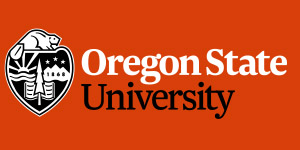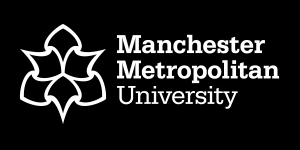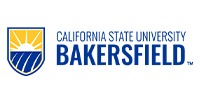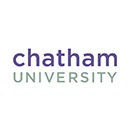Programme Type: Undergraduate
Course Overview
Images – both moving and still – provide visual storytelling everywhere we look, from feature films and adverts to smartphone apps. With a strong focus on the social and cultural contexts for illustration, this course will help you become an adaptable and independent maker with critical thinking at the core of your approach.
You’ll have access to specialist tools and industry-standard software as you learn processes including printmaking, bookmaking, letterpress, animation and moving image, 3D work (including ceramics, spatial practices and three-dimensional design), photography and darkroom processes.
The course will also offer opportunities to take part in live industry briefs, competitions and extra-curricular projects, and to make the most of our many industry links to gain experience and build your network.
Graduates have gone on to enjoy careers in fields such as digital media, film making, set and spatial design and website design.
Introduction to Illustration and Animation
This unit introduces you to different ways of approaching, questioning and solving creative problems. You'll investigate, analyse and document a range of subjects in response to projects set by your tutors. Through these projects, you'll be taught skills related to the collection of information and visual analysis.
Illustration Fundamentals: Image, Type, Print
You'll continue to develop your research and idea generation skills – and also your image-making skills – through practical workshops, tutorials and seminars. These include practices such as observational drawing, printmaking, photography, collage, 3D and type.
Animation Fundamentals: Motion, Narrative, Screen
You'll be introduced to the basics of storytelling, narrative and sequence for a range of media outputs. You'll learn how to build visual stories, develop pictorial and typographic elements from research, establish themes, characterisations, environments and use of metaphor. You'll also experiment with composition and layout for communication.
Message, Medium, Meaning
You'll examine a range of topics through the exploration of examples from historical and contemporary practice and analysis of your studio work. These will include basic concepts in semiotics, the relationship between word and image, the construction of narrative, photographic language, function and expression, culture connotation and myth, subversion and propaganda.
Entry Requirement
Academic Requirements:
Along with your portfolio, the standard entry requirements* for this course are:
One of the following:
- 112 new UCAS tariff points,
- Pass at Foundation Diploma in Art & Design (Level 3 or 4)
- Distinction, Merit, Merit at BTEC Extended Diploma / BTEC National Extended Diploma
- Merit at UAL Extended Diploma
- 112 new UCAS tariff points from an accredited Access to Higher Education Diploma in the appropriate subject
- 27-30 total points in the International Baccalaureate Diploma with at least 15 IB points at a Higher level,
And four GCSE passes at grade A*-C and/or grade 4-9 including English (or Functional Skills English/Key Skills Communication Level 2).
Other relevant and equivalent Level 3 UK and international qualifications are considered on an individual basis, and we encourage students from diverse educational backgrounds to apply.
*We occasionally make offers that are lower than the standard entry criteria, to students who have faced difficulties that have affected their performance and who were expected to achieve higher results. We consider the strength of our applicants’ portfolios, as well as their grades - in these cases, a strong portfolio is especially important.
International Baccalaureate
If you are studying the International Baccalaureate, the number of points you need to achieve can vary depending on the strength of your portfolio and the number of Higher Level points you achieve. As a guide, the number of points applicants are usually asked to achieve is
- Bachelor’s courses (except BA (Hons) Architecture): 27 total points.
- BA (Hons) Architecture: 29 points.
- Four Year Bachelor’s and Further Education Courses: minimum of 24 points.
We do occasionally make offers lower than this entry criteria, to students with a strong portfolio or those who have faced difficulties that have affected their performance and who were expected to achieve a higher result.
English Language Requirements:
| Course | Test | Listening | Reading | Speaking | Writing | Total |
|---|---|---|---|---|---|---|
| International Foundation | UKVI IELTS | 4.5 | 4.5 | 4.5 | 4.5 | 5.0 |
| LanguageCert International ESOL SELT | 33 | 33 | 33 | 33 | B1 Achiever High Pass | |
| Pearson Test of English (PTE) Academic UKVI | 41.0 | 41.0 | 41.0 | 41.0 | 46.0 | |
| Course | Test | Listening | Reading | Speaking | Writing | Total |
| BA/BSc Courses | IELTS UKVI or Academic | 5.5 | 5.5 | 5.5 | 5.5 | 6.0 |
| Test of English as Foreign Language (TOEFL) iBT | 17 | 18 | 20 | 17 | 80 | |
| Pearson Test of English (Academic) | 51 | 51 | 51 | 51 | 56 | |
| Cambridge English Advanced (CAE) or Cambridge English Proficiency | 162 | 162 | 162 | 162 | 169 | |
| Trinity College London Integrated Skills in English (ISE) | Merit | Merit | Merit | Merit | ISE II | |
| LanguageCert International ESOL SELT | 33 | 33 | 33 | 33 | B2 Communicator High Pass |
Fees
UK students - £9250
EU students - £9250
International students - £16950 (standard fee)
International students - £16270 (full early payment fee)
This information was accurate on : 28/04/2021
Please contact us for more information about this courses


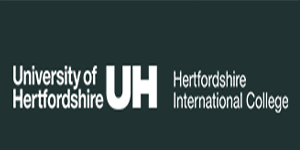
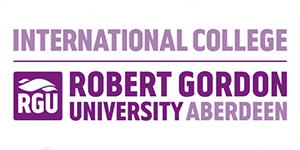
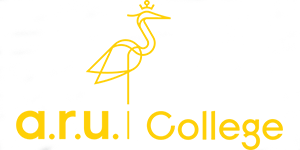




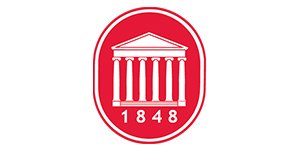
.jpg)
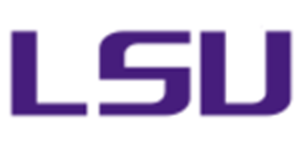
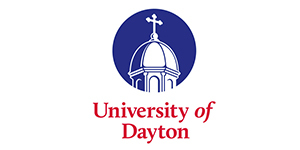
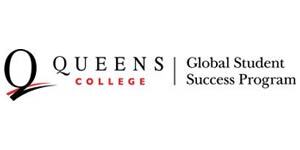
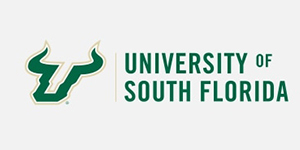
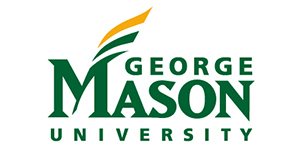

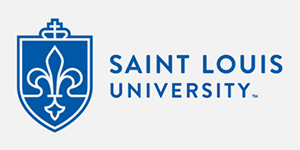

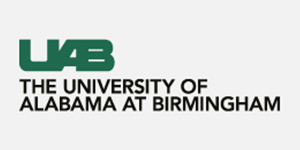
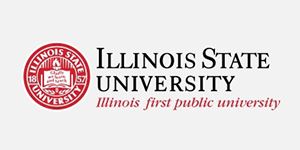
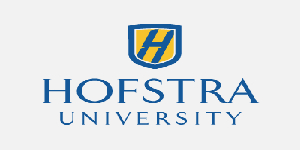
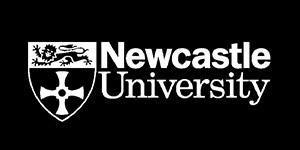
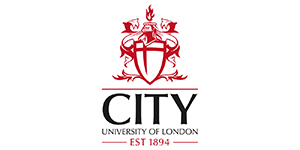




.jpg)


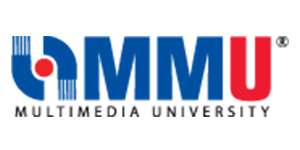
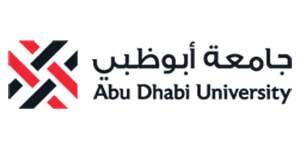
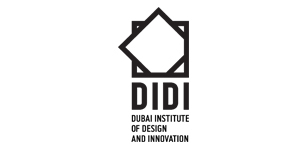
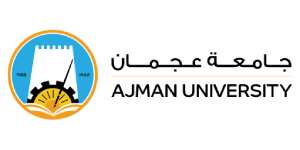
.jpg)
.jpg)
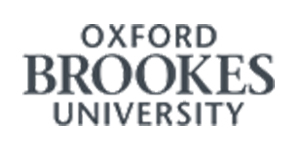


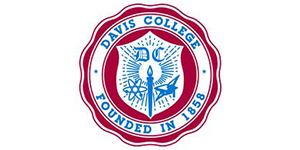

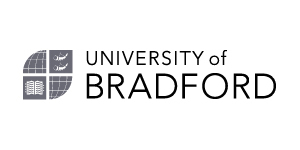
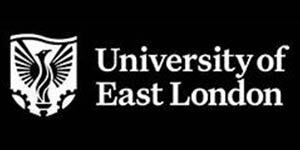






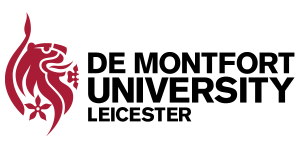
.jpg)
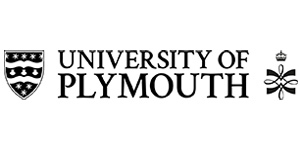
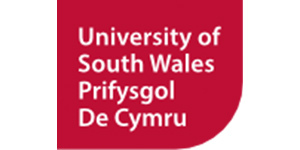



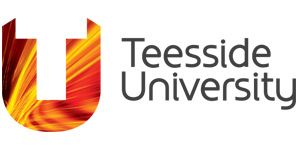
.jpg)
